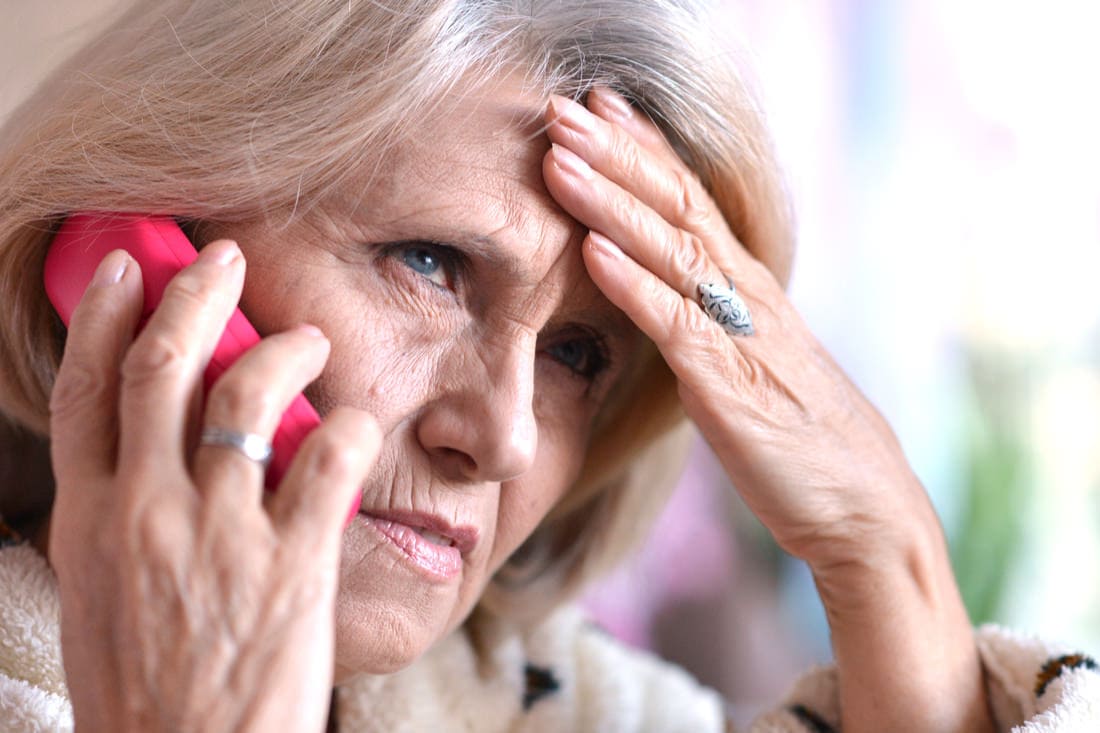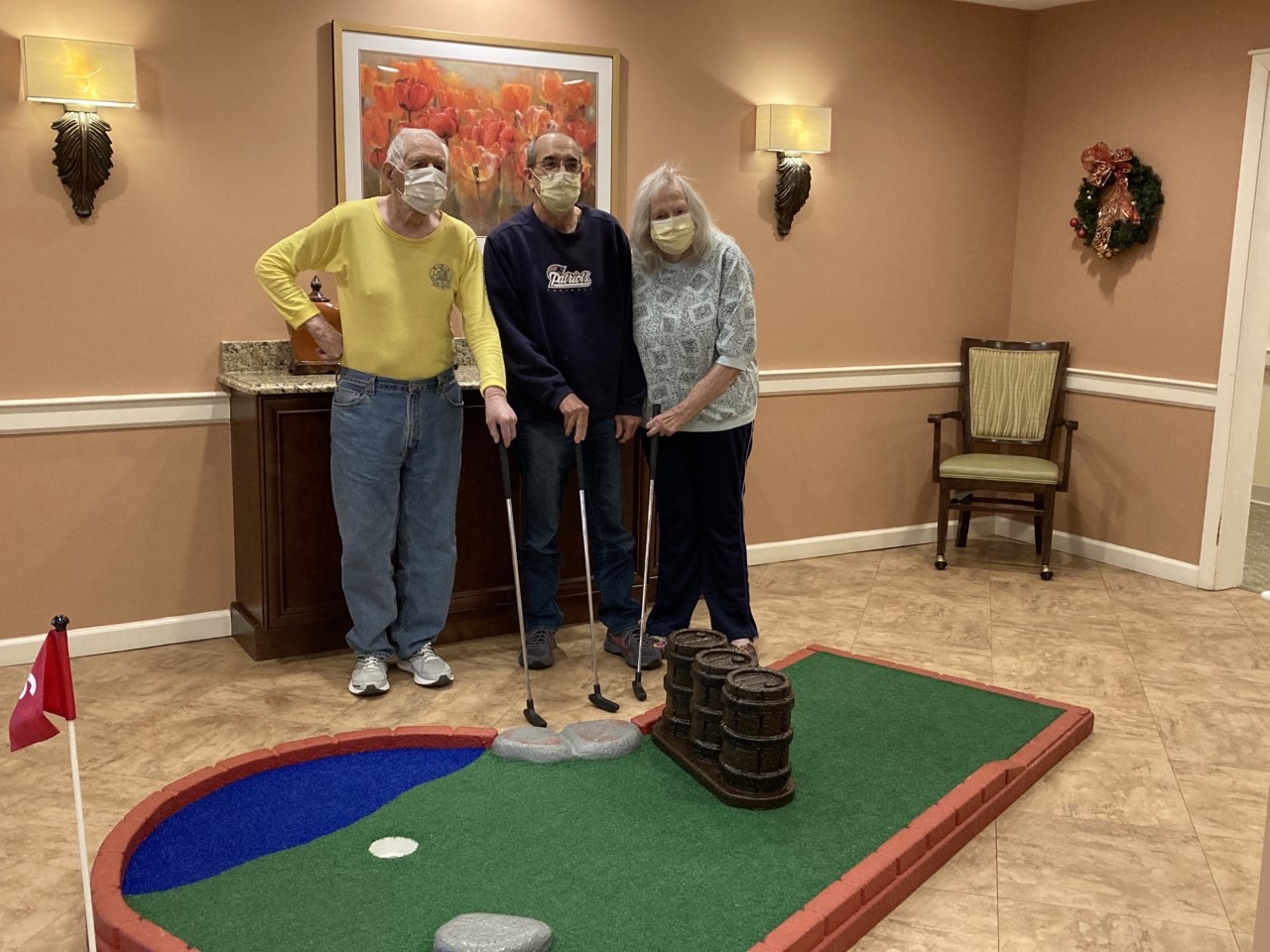Caregiving for an older adult from a long distance doesn’t necessarily mean from across the country. If you live an hour or more away from a loved one who needs care, you may be feeling frustrated or guilty about not being available as much as you would like to be. You may also be unaware of the many ways in which you can provide care and assistance.
Long-distance caregiving can include many services and support, including coordinating in-home care; managing medical bills or records; accompanying your loved one on medical appointments; or providing respite care or emotional support to a primary caregiver.
Here are some steps you can take to get started and to become a more effective, less stressed long-distance caregiver:
Schedule a Family Meeting
A family discussion is necessary whether your loved one is already receiving some level of care or if the situation has evolved to the point where you think caregiving is needed. Discuss perceived goals and the feelings of all family and friends involved. Appoint someone to summarize decisions made. Divide up the duties and be sure to involve your loved one in the process.
Research to Become Well-informed
Talk to your loved one’s doctors and nurses and do some research to learn more about the medical situation. Ask about the course of the illness, what you can do to prevent crises, and how to assist with management of the disease.
Organization is Key
Here is where you and other caregivers need to spend some time. Make lists of family members, friends, and neighbors with phone numbers and email addresses. Locate information about insurances – health and life, homeowners, and auto insurance. Know when premiums are due, how they are paid, and where policies are located.
List all providers, including pharmacy, medical specialists, visiting nurses, health care aides, housekeeper, clergy, and anyone else who is providing a service to your loved one at home or in an assisted living community or nursing home.
Your contact list should also name those who are to be contacted in case of emergency. It should also list those individuals who are nearby and who can easily check-in on your loved one. These people may be able to help with shopping, transportation, or visits. (Consider giving one trusted person a key to the home if your loved one approves.)
All family caregivers and your loved one should have a copy of this contact list.
Stay in Touch with Providers
Schedule conference calls with doctors or other health care providers to keep on top of changes in your loved one’s health. Be sure to have your loved one sign a release allowing the doctor to discuss medical issues with you. Keep another copy in your files.
Find out if medical records are available online so that you can see test results, medications, after-visit summaries, and physician recommendations. Learn what you need to do to request and obtain permission to view these records.
Medical Power of Attorney
Your loved one will make final health care decisions unless a medical power of attorney has been named. This advance directive should be written and include legal instructions regarding preferences for medical care.
A medical power of attorney (or health care proxy) stipulates health care decisions when a patient can no longer do so.
Ask for Assistance
Stay in touch with your loved one’s friends and neighbors. Ask them to touch base on a regular basis … to check in, visit, and provide updates on current health status.
In some communities, mail carriers or utility workers are trained to spot signs of trouble through the Carrier Alert Program of the U.S. Postal Service. They report concerns, such as accumulated mail or trash, to an agency that will check on the older adult. This is a service of the USPS and the NALC (National Association of Letter Carriers) in collaboration with local non-profit organizations. To find out if there’s a program in your area, contact your local post office or NALC branch office, or ask your mail carrier for information.
Hire Professional Help
If needed, hire someone to assist with meal preparation, personal care, shopping or other needs. A geriatric care manager or social worker can also help to organize and provide for care. Contact your local Council on Aging for help in finding resources.
Be Present in Mind
Although you may not be able to be there in person, you can do other things to show you care. Send digital movies or photographs of yourself and family members. Send cards. Establish a weekly call-in or video chat with your loved one. Make use of technology and keep it simple so that your loved one can access it easily.
Plan for Emergencies
If you live a long way away, be sure to set aside money for a train or airplane ticket in the case an emergency visit is required. Accrue vacation time in the event you need to take time off from work. If necessary, consider taking unpaid leave under the Family and Medical Leave Act.
Make the Most of In-Person Visits
Find out ahead of time what your loved one needs in the way of tasks-to-be-accomplished when you are visiting. This might include things that need fixing or shopping for necessaries. It could also be a trip to the hairdresser or barber or taking the family dog to the veterinarian’s office.
Schedule appointments with doctors and the dentist for when you are visiting, with your loved one’s permission. This will give you an opportunity to get a first-hand medical update on the doctor’s recommendations, new medications, and future anticipated health needs from them. You may also want to schedule an appointment with your loved one’s attorney to get answers to whatever legal questions he or she may have.
During your visit, watch carefully for any signs of problems. How is your loved one managing daily tasks? Is there sufficient food in the refrigerator and pantry? If still driving, is your loved one having any difficulties? Are bills being paid on time? Talk with friends and neighbors to see if they’ve noticed any behavioral changes, safety issues, or new health problems.
Don’t forget to simply spend quality time together. Make sure you include simple activities that your loved one enjoys, like watching a movie together, playing cards, or preparing a meal and eating together.
Long-distance caregiving can be difficult, but these guidelines will help you to realize that you are doing the best you can. Accept that it is impossible to provide all the help that may be needed. Give yourself credit for undertaking the challenges and feel good about all that you are doing and how it is contributing to your loved one’s happiness and well-being.
Contact Us
In addition to housing, healthcare, and programs for seniors, SALMON Health and Retirement communities offer resources for caregivers and family members. To learn more about the options available to you and your loved ones, contact us today for more information.




